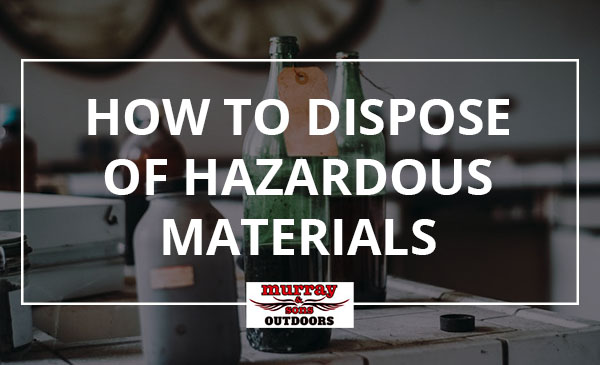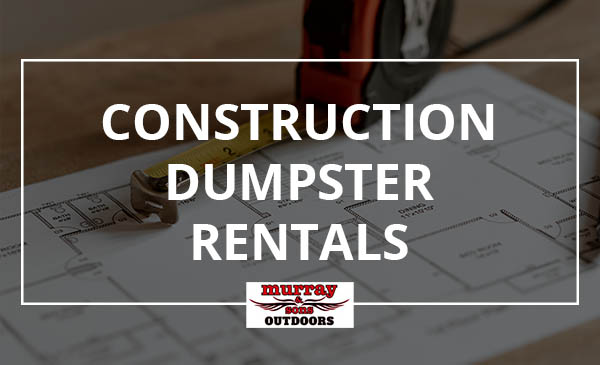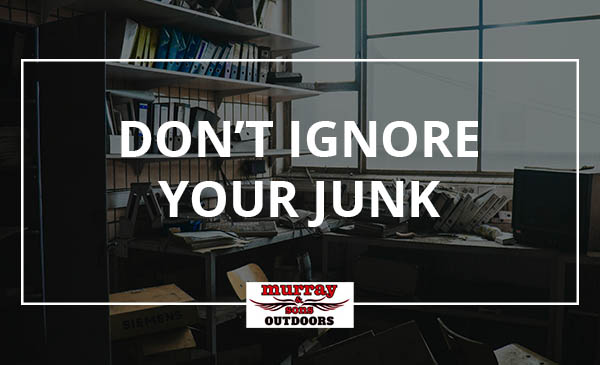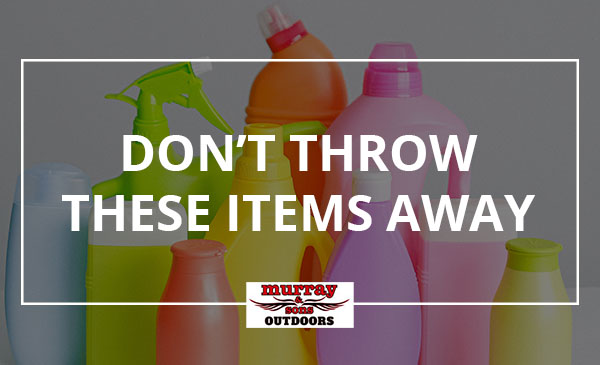
How to Dispose of Hazardous Materials
December 30, 2022
Construction Dumpster Rental
January 26, 2023At some point, you’ve probably faced a problem so overwhelming that it seems easier to ignore it than admit it’s there or try to solve it. Maybe your closet is so stuffed with clothes and shoes that you have no room for things like coats and purses. Or maybe the sheer number of books in your home has overwhelmed any semblance of organization—and you can’t even remember what all those books are about! You might think this sounds ridiculous—who would ever want to keep this many clothes or books? But many people do, because they’re holding onto some kind of sentimental value from childhood or a dreamy memory of going on vacation one time (before realizing how much baggage actually costs). And then there’s just plain laziness: Why deal with moving boxes when you could be sitting on the couch watching Netflix?
Don’t Ignore Your Junk
It’s hard to know what to keep and what to toss.
- How can you decide what to keep and what to toss?
- What are the emotional aspects of getting rid of things?
- How do I get rid of things that can’t be sold or given away?
- How do I get rid of things that are too large or heavy for a donation center drop-off bin, but too small or easy for me to carry on my own (e.g., boxes, bags)?
The sheer number of your possessions is overwhelming.
You have too much stuff, and it’s overwhelming. The sheer number of your possessions is overwhelming. You don’t want to deal with the sadness that comes with letting things go, so instead you ignore them completely—but this just means more clutter builds up even faster. In order to break this cycle and get a handle on your clutter problem, you need to face it head on (and I don’t mean literally).
You don’t want to deal with the sadness that comes with letting things go.
You don’t want to deal with the sadness that comes with letting things go.
Furthermore, you’re afraid that letting go of an item means you’ll have fewer options for the future.
Your emotions are telling you not to let go of your possessions, but your logic knows that this is a good thing.
There is just too much stuff to physically get rid of it all at once.
Even if you were to rid yourself of all the physical clutter in your home, it would be impossible to do so all at once. There is just too much stuff! So if you’re looking for a more realistic solution, try making it a habit to get rid of things on a regular basis. One way I recommend doing this is by having weekly or monthly “clutter-making parties”—events where friends and family gather together with their junk and donate it or throw it away together (or both!).
If that sounds like too much work for you, there are other ways to make space in your house without ridding yourself entirely of clutter: maybe think about downsizing when moving into an older home; try finding ways to fit more into smaller spaces; or start recycling and repurposing old items as DIY decorating accessories instead of throwing them away every time something breaks.
Your best option here is a dumpster rental from Murray and Sons.
You don’t want to waste anything.
Your junk is a treasure trove of opportunities to save money and make your life easier. You can donate, recycle or sell items that you no longer use or need. You can also get rid of things you don’t want by selling them at a yard sale or donating them to charity.
If a particular item still has value (as opposed to being broken), consider selling it on Craigslist or in the newspaper classifieds. If that doesn’t work out, try bringing it into a shop that specializes in used furniture and see if they’ll take it off your hands for free. Depending on where you live, there may be local nonprofit organizations that accept donations of usable household items such as clothing, toys, kitchenware and books—these are just some examples; there are many others!
You’re afraid you’ll regret getting rid of something.
You might feel the need to hold onto things for one of the following reasons:
- You’re afraid you’ll need it someday. While it’s important to keep some items in your home and office, excess clutter can make you stressed, frustrated, and unhappy. It also makes it difficult to clean up after yourself and organize your space efficiently. If you have something that’s no longer useful or relevant, let go of it! Trust me—you’ll be fine without it.
- It’s hard to know what to keep and what to toss. Sometimes we’re hesitant about getting rid of our stuff because we don’t want our choices later on down the road (when we move into a new house) take longer than necessary because we need time and energy planning a massive purge session instead of focusing on unloading all our belongings at once before moving day arrives (which I definitely did).
There are logistical problems in getting rid of everything that keeps you from doing it.
There are logistical problems in getting rid of everything that keeps you from doing it.
- You don’t have a place to store things.
- You don’t have a car to transport things.
- You don’t have the money to pay for disposal.
- You don’t want to deal with the junk, even if it means saving yourself some hassle at another point in time.
- And finally: Some of us are just plain wasteful by nature.
It’s easier to ignore the problem than admit it’s there or solve it.
It is easier to ignore the problem than it is to admit that it’s there or solve it. It’s easy to ignore the problem until it becomes a bigger problem. You don’t want to admit you have a problem, and you don’t want to admit that (for whatever reason) you can’t solve it.
But ignoring your junk doesn’t make things better—it just makes them worse!
I know it’s tempting to ignore the problem, but when you do, it only gets worse. The longer you wait to clean up your junk, the more space it takes up and the harder it is to get rid of. You can’t begin living a clutter-free life until everything has been sorted out and properly disposed of.




